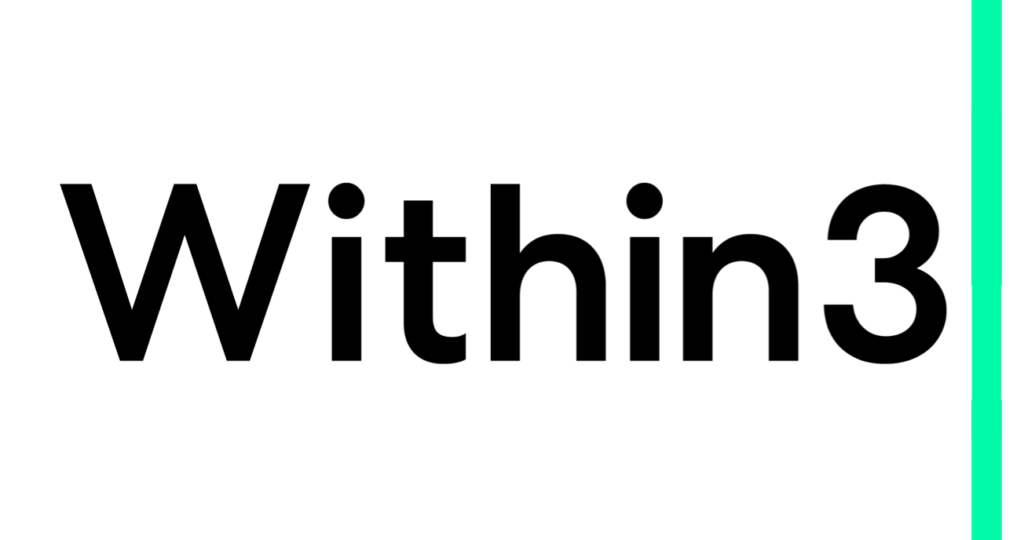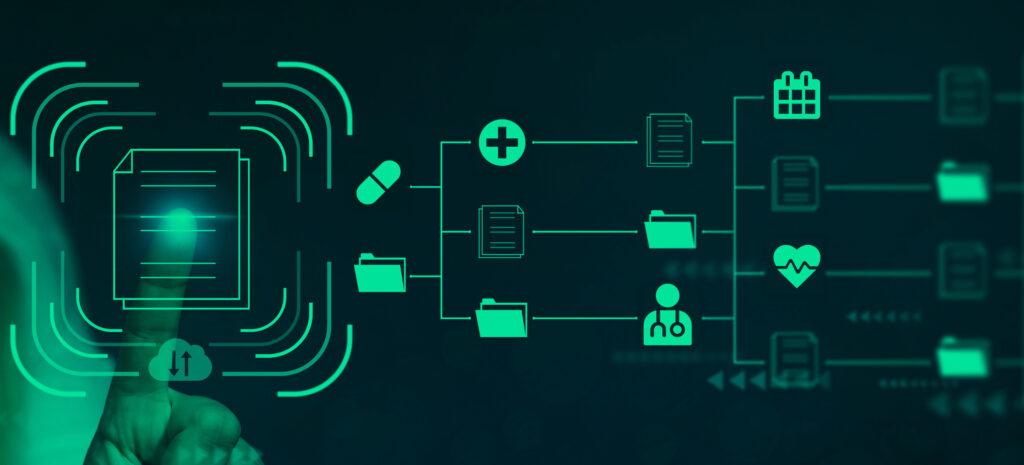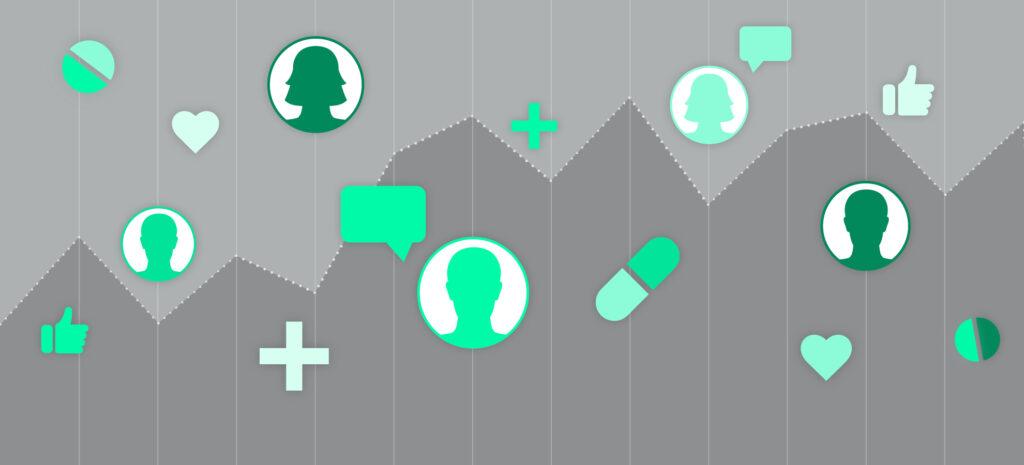Knowledge management is the process of capturing, distributing, and effectively using knowledge. The term originated in the management consulting community and expanded with the advent of the internet when organizations realized an intranet, or a private subset of the internet, was a helpful tool for making information accessible to share across lines of business and geographies. McKinsey first used the term in the late 1980s, and soon the principles and techniques of KM quickly spread to other businesses, professional associations, and other types of organizations. But what is knowledge management in healthcare, and how is it used to achieve business goals and better patient care?
How is knowledge management used in healthcare?
The use of knowledge management in the healthcare industry and related fields is increasing. Using knowledge acquired over time to inform decision-making is known as evidence-based medical practice – the integration of research evidence, clinical expertise, and patient preferences and values in clinical decision-making.
Healthcare relies heavily on knowledge in its daily activities, and ultimately, the delivery of patient care depends on the collaboration of partners who share knowledge. For this reason, medical knowledge must be available and readily accessible in a knowledge base to healthcare providers or anyone who needs it.
Benefits of healthcare knowledge management
Knowledge management solutions can benefit the healthcare sector and other life science organizations in many ways – in both business and patient impact. Benefits include:
- Avoiding malpractice. Knowledge properly documented to help healthcare practitioners (HCPs) follow established procedures and share health information can help avoid medical malpractice. The ability to reference accepted, proven, step-by-step processes can reduce or eliminate the change of errors while ensuring a higher standard of care.
- More informed decision-making. Employees make more informed decisions when they have ready access to more information. They can learn from the knowledge of others rather than relying solely on their own experience. A knowledge management system can also provide access to the newest information available, enabling patient treatment that is based on the latest data captured in HCP insights.
- Increased operational efficiency. When practitioners have questions, their peers have likely had similar questions in the past. Employees can work more efficiently when they have documented institutional knowledge.
- Increased patient satisfaction. Documenting and organizing information about the patient experience can expand practitioners’ perspectives and allow them to approach challenges with a patient-centric mindset. Knowledge management keeps patients at the heart of everything that happens in a healthcare organization.
What is knowledge management technology?
There are several types of knowledge management systems, and other technologies that support knowledge creation, storage, retrieval, transfer, and application, including:
- Data management
- Learning tools
- Knowledge repositories
- Databases
- Electronic bulletin boards
All of these can be considered knowledge management technologies or important components of knowledge management in healthcare. Many of these tools include similar features that help users collect, organize, and find information. They may include:
- Search and navigate. This could be as simple as the ubiquitous search bar found on most websites and in most software applications that deal with storing and retrieving information.
- Interactive tools. Knowledge management systems should be robust enough to include videos and images. The ability for health professionals to add comments or respond to questions can also lead to increased engagement in the platform, as they begin to view the tools as a helpful community where they can increase their knowledge.
- Categories or organization hierarchy. Knowledge management tools should be easy to use, with sensible organization features that make it easy for users to find what they’re looking for. Solutions that offer familiar features like drag-and-drop organization, tagging, or other user-friendly features will help keep information organized in a useful way.
- Privacy and security. Knowledge management solutions should include the ability to mark certain documentation as confidential or password access only. This means that users cannot obtain unauthorized access to certain content, making it easier for healthcare institutions to comply with laws and industry regulations.
Knowledge management and insights management in healthcare
Knowledge management systems broadly apply to almost any industry and can be made available throughout an organization. While some of these systems can preserve confidentiality, encourage user interaction, and passively inform decisions, none of these are knowledge management’s primary focus.
Insights management can also be used in different types of organizations, but recently, life science and healthcare organizations have gravitated to insights management platforms built specifically for their unique requirements. Insights management platforms work for life science organizations’ unique needs because they focus on compliance, support thoughtful and informative discussions, and provide directional information that directly drives decisions. These qualities make insights management more suited for pharma knowledge management applications.
Ready to learn more about insights management? Start with our blog series.
Sources
National Library of Medicine. Knowledge Management Implementation and the Tools Utilized in Healthcare for Evidence-Based Decision Making: A Systematic Review. https://www.ncbi.nlm.nih.gov/pmc/articles/PMC5615016/
KMWorld. What is KM? Knowledge Management Explained. https://www.kmworld.com/About/What_is_Knowledge_Management
Document360. How is knowledge management used in healthcare? https://document360.com/blog/knowledge-management-in-healthcare/.







